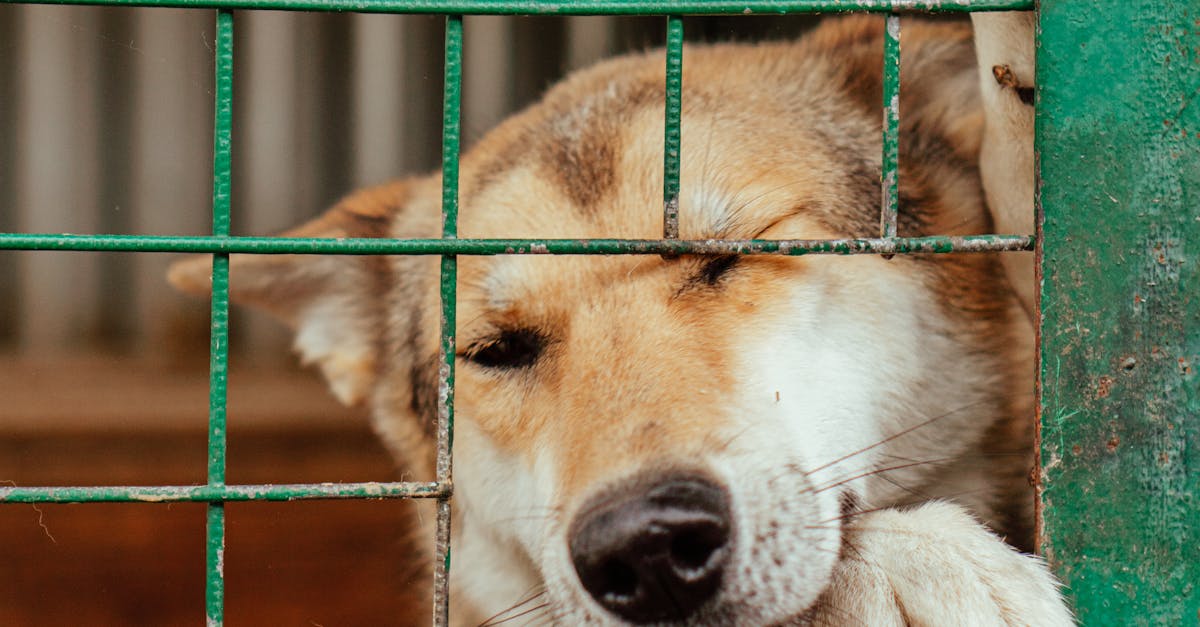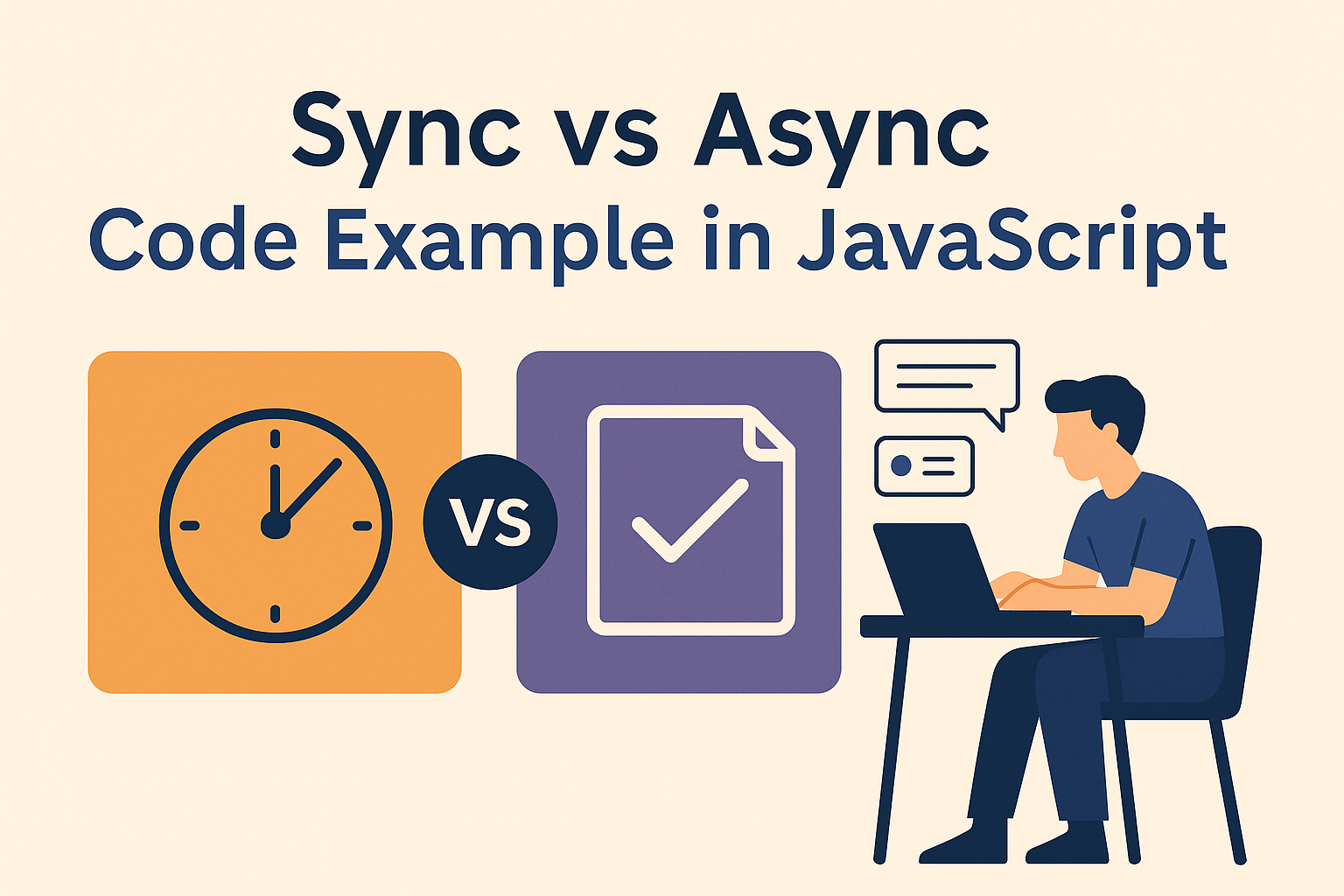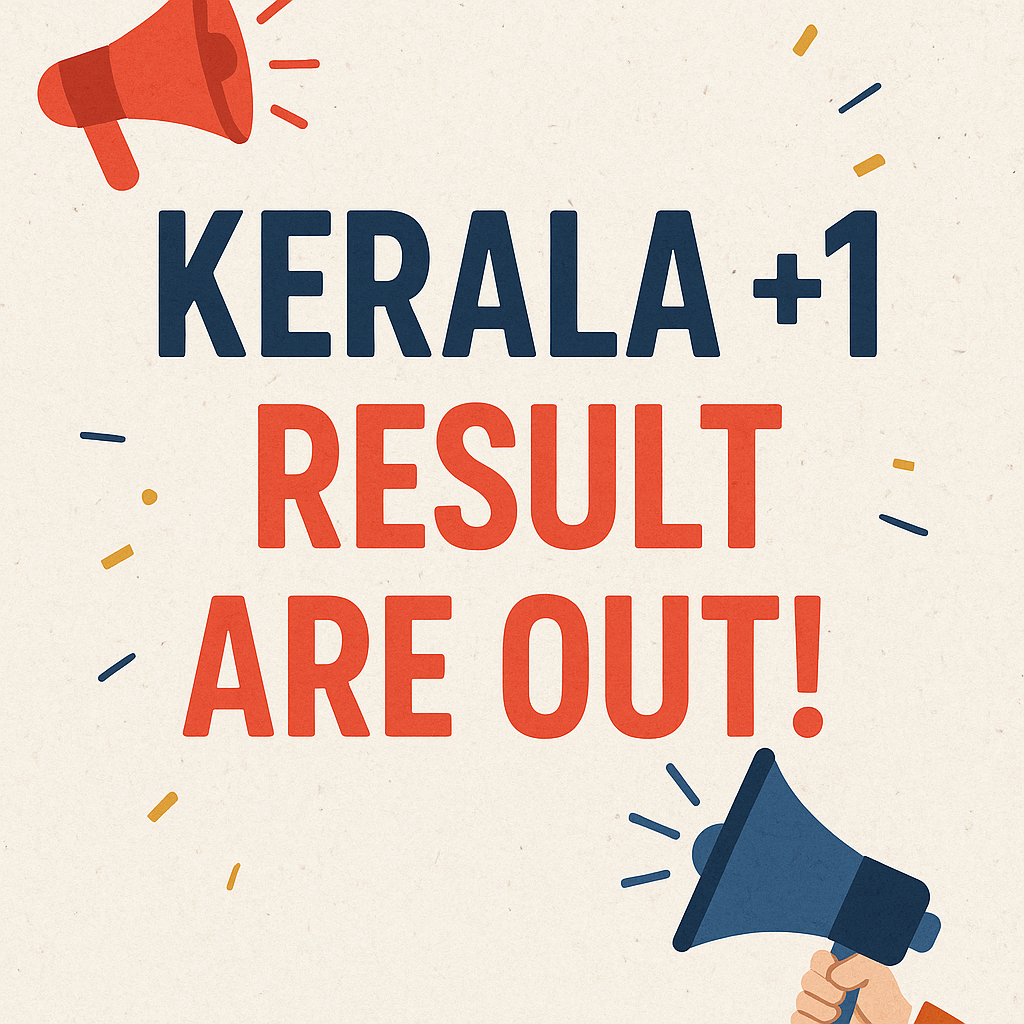The Supreme Court of India has ordered that all stray dogs be captured and moved to designated shelters. Its purpose is clear: fewer rabies infections, fewer bite injuries, and better control of rising street-dog counts. The court cites alarming statistics:
There are approximately 52.5 million dogs that roam freely in the streets, and Delhi accounts for more than 1 million of this population.
In January 2025 alone, 430,000 dog bite cases were reported across the country — more than the monthly average in previous years.
Rabies kills between 5,700 and 20,000 people in India each year, making the country the world leader in rabies deaths.
Supporters of the ruling say it will save lives. But animal lovers are protesting, arguing that the government has no proper infrastructure to house, feed, and care for millions of dogs in a humane way. They fear that without adequate planning, these animals will suffer in overcrowded, poorly managed facilities.
This outpouring of compassion for dogs is admirable. But it raises a question: Why does this compassion seem to stop at certain species?
The Forgotten Suffering of Other Animals
While dogs are the center of attention today, countless other animals in our society suffer daily — often without any protests, court cases, or media coverage.
Chickens
The poultry industry is one of the largest sources of animal suffering in India.
Chickens raised for meat (broilers) are injected with growth promoters and bred to grow unnaturally fast — reaching slaughter weight in just 30–45 days, which causes bone and heart problems.
Egg-laying hens are often confined in tiny cages with barely enough space to spread their wings, forced into unnatural laying cycles through artificial lighting and feed manipulation.
In markets, it’s common to see shopkeepers carrying 4–5 live chickens in each hand by their wings, causing pain and injury. Why not use crates or boxes for transport? Why don’t we view this with the same concern we show for dogs?
Cows
India’s dairy industry thrives on the daily use of cows for milk production. But the reality behind that everyday glass of milk involves practices most people prefer not to think about:
- Calves, especially males, are often separated from their mothers soon after birth, causing distress to both.
- Injections are used to boost milk yield, leading to long-term health issues in the animals.
- Once a cow’s productivity declines, she may be abandoned or sent to overcrowded shelters.
India has over 5 million stray cattle, many left to forage on plastic waste.
Horses and Donkeys
Used for pulling carts, carrying bricks, or tourism rides, these animals are often forced to carry loads far beyond their physical limits.
- Donkeys in construction areas frequently carry loads exceeding their own body weight.
- Horses pulling tourist carriages may work for hours without proper rest, water, or shade — even in extreme heat.
Are We Only Thinking About Ourselves?
It’s easy to show compassion for animals we see as companions, like dogs. But the chickens we eat, the cows whose milk we drink, or the donkeys we use for labor are no less alive, no less capable of feeling pain.
Humans and animals share the same basic truth: we are all living beings. Animals can feel fear, stress, and physical pain just like us. Yes, it’s part of human life to use animals for food, work, or companionship — but that use must never come with unnecessary cruelty or neglect.
What Should Be Done?
Equal Compassion Across All Species
Care should extend to farm, working, and stray animals alike — not just to pets.
Stronger Animal Welfare Laws
Revise the Prevention of Cruelty to Animals Act so that it safeguards animals in every context, including farming, transportation, and labor.
Better Management Before Removal
For stray dogs, humane shelters, adequate food, medical care, and space must be ensured before mass relocation.
Public Awareness
Educate citizens about humane handling of animals, from pet ownership to farm practices.
Before You Go
We should avoid causing harm to any living being unless it is truly unavoidable (like killing bacteria while breathing) — and “unavoidable” should never be confused with “easy” or “profitable.” Whether it’s a dog on the street, a chicken confined in a crate, or a cow in a shed, compassion should not depend on the species.


